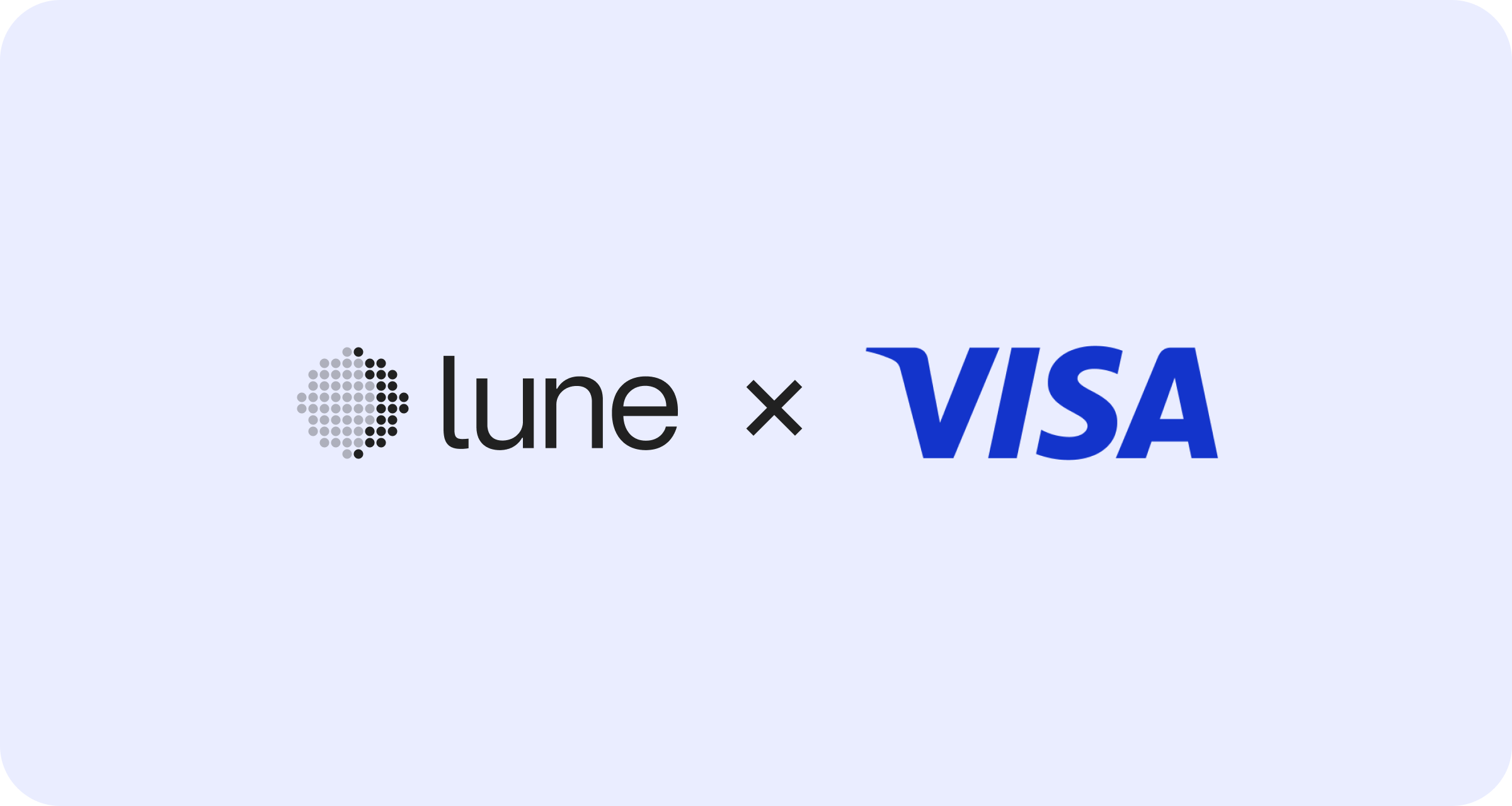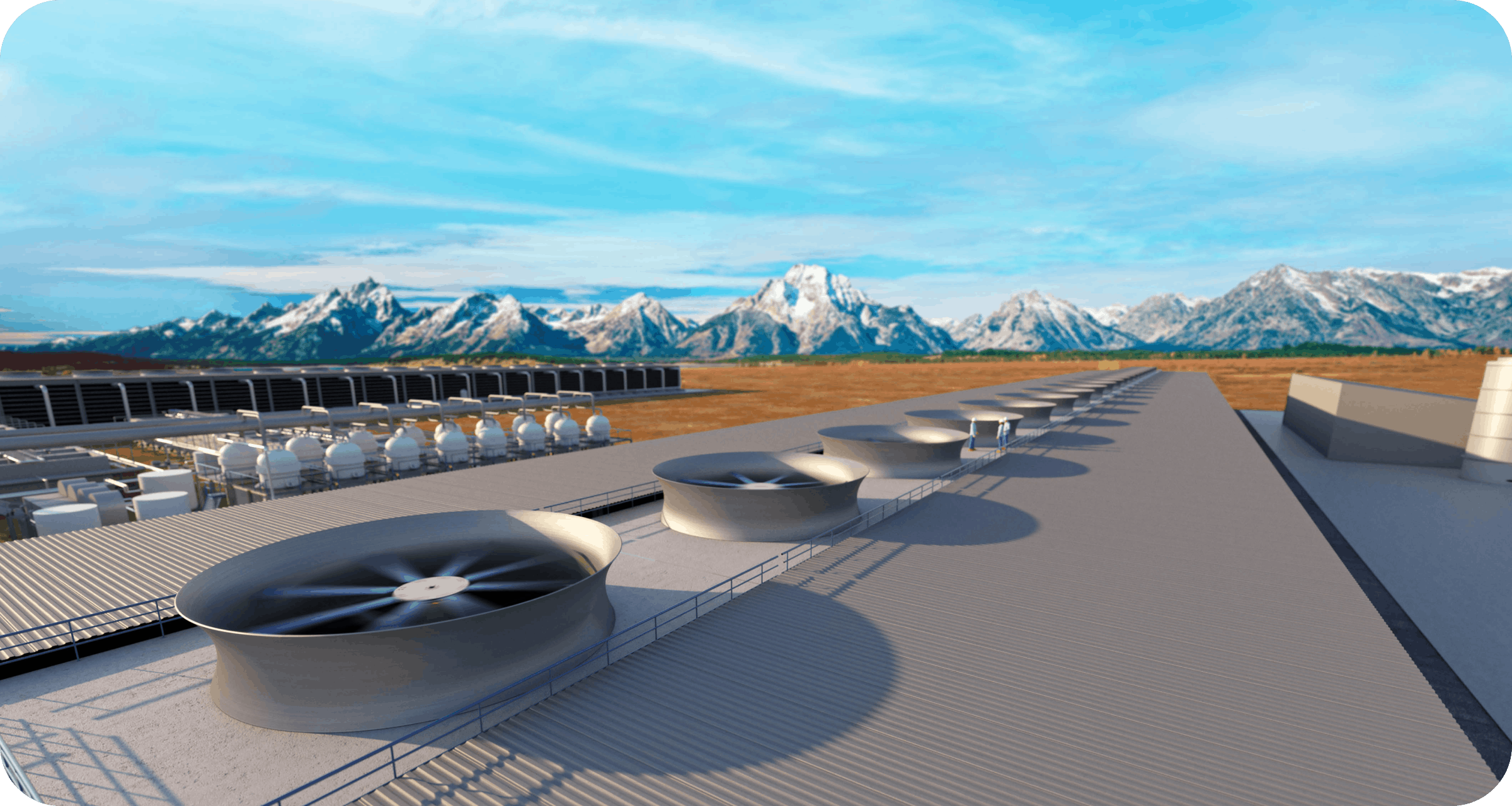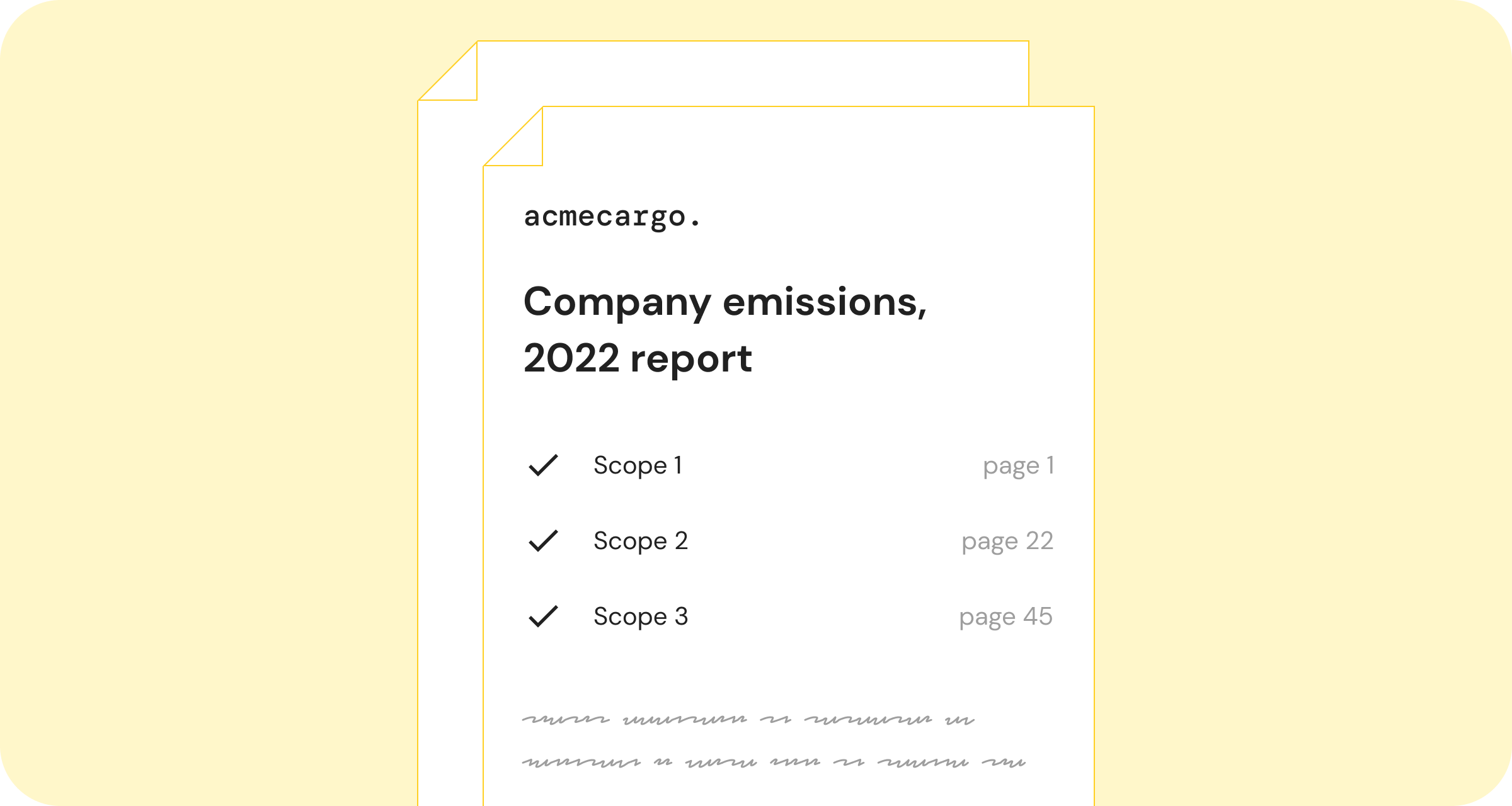
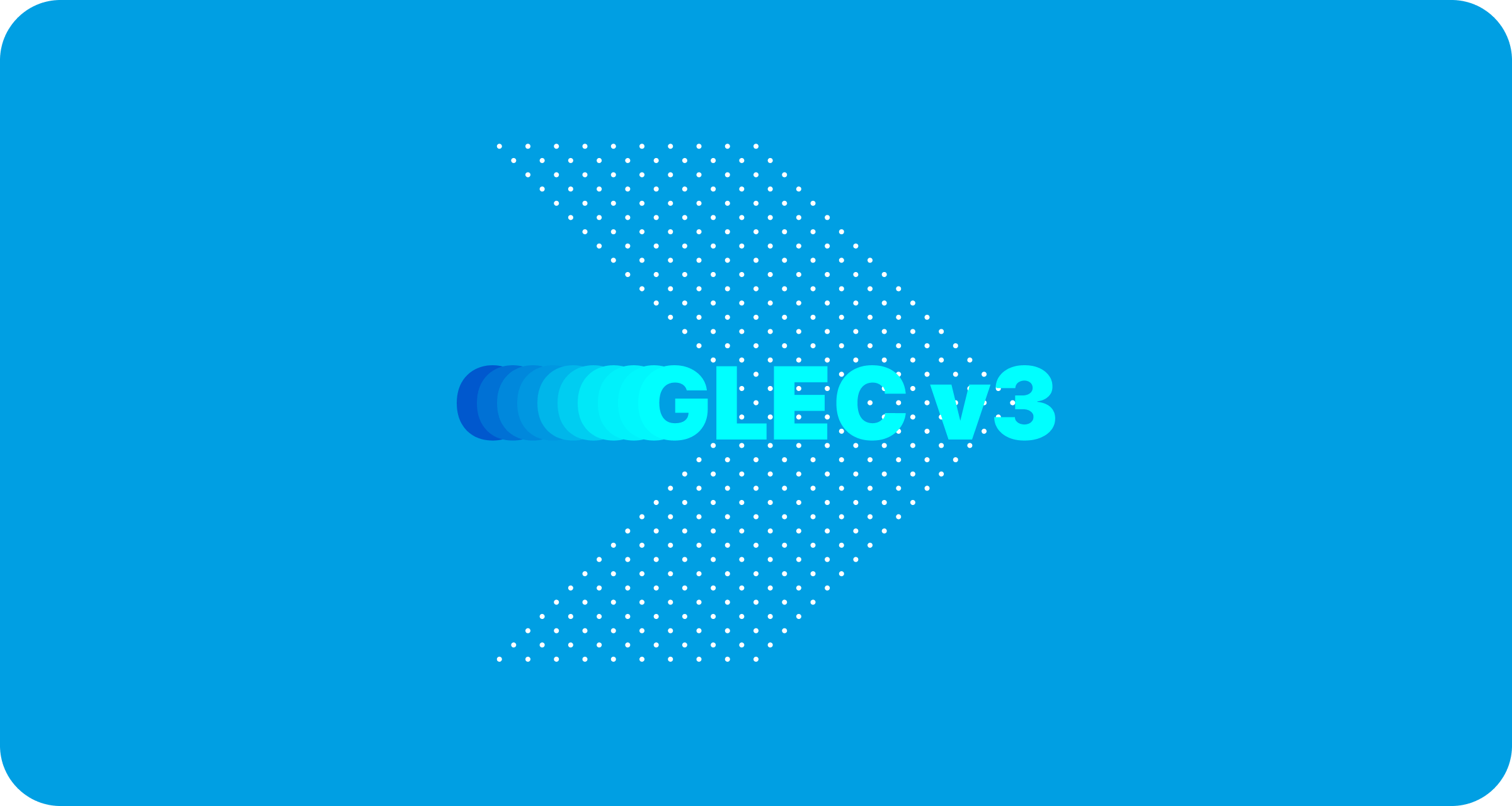
The transport and logistics sector is responsible for around 24% of global CO₂e emissions. Climate change is reshaping logistics operations, presenting an exponential opportunity for sustainable evolution. At Lune, we're dedicated to providing customers with industry-leading emission calculations, which is why we’ve integrated the latest GLEC Framework version 3.0.
What is the GLEC Framework?
Pioneered by the Smart Freight Centre, the GLEC Framework is the gold standard for calculating and reporting logistics emissions, enabling companies to measure, manage, and reduce their carbon footprint across the supply chain. At Lune, we’ve always aligned, as accredited members, our logistics emissions calculations with the Global Logistics Emissions Council Framework for Logistics Emissions Methodologies (GLEC Framework) to ensure they’re as rigorous and accurate as possible.
For logistic companies committed to sustainability, the GLEC Framework is indispensable. It provides the metrics and methods for tracking emissions accurately, which is fundamental for reducing environmental impact and achieving sustainability goals.
Unveiling GLEC Framework Version 3.0
By leveraging the latest framework, Lune’s logistic partners can unlock even more accurate emission tracking for their customers. Our API now seamlessly calculates emissions using the most up-to-date GLEC v3 emission factors and supports more detailed and diverse transport modes, such as:
- Air Transport Adjustments: The framework has streamlined air travel categories for better clarity and calculation, considering Clean Cargo Working Group outputs.
- Fuel type additions: Including truck (e.g. LNG) and ships (e.g. HFO)
- Electric Truck and Rail Additions: Including various sizes, load characteristics, and country and global emission factors.
- Sea Transport Refinements: Decommissioning some old metrics, we now provide finer details based on vessel types and introduce new categories of ships such as chemical, liquefied, and other refrigerated bulk tankers.
- Inland Waterways Expansion: Including the smallest vessels, we now offer calculations for barges under 50 meters.
- Logistics Site Specifics: More granular data for maritime and liquid bulk terminals are now available, enhancing accuracy for different storage conditions.
Leveraging GLEC v3 for a sustainable edge
Adopting the GLEC Framework version 3.0 enables logistic companies to showcase their commitment to sustainability. Accurate and updated emission calculations are increasingly a differentiator in RFP processes, with potential partners valuing transparency and environmental responsibility.
Steer ahead in sustainable logistics. By integrating Lune’s granular emission calculations into your logistic platform and offering industry-leading insights to your clients, you can win new business, accelerate revenue and boost customer loyalty. Plug in and go, via API integration, spreadsheet upload, or CargoWise plugin.
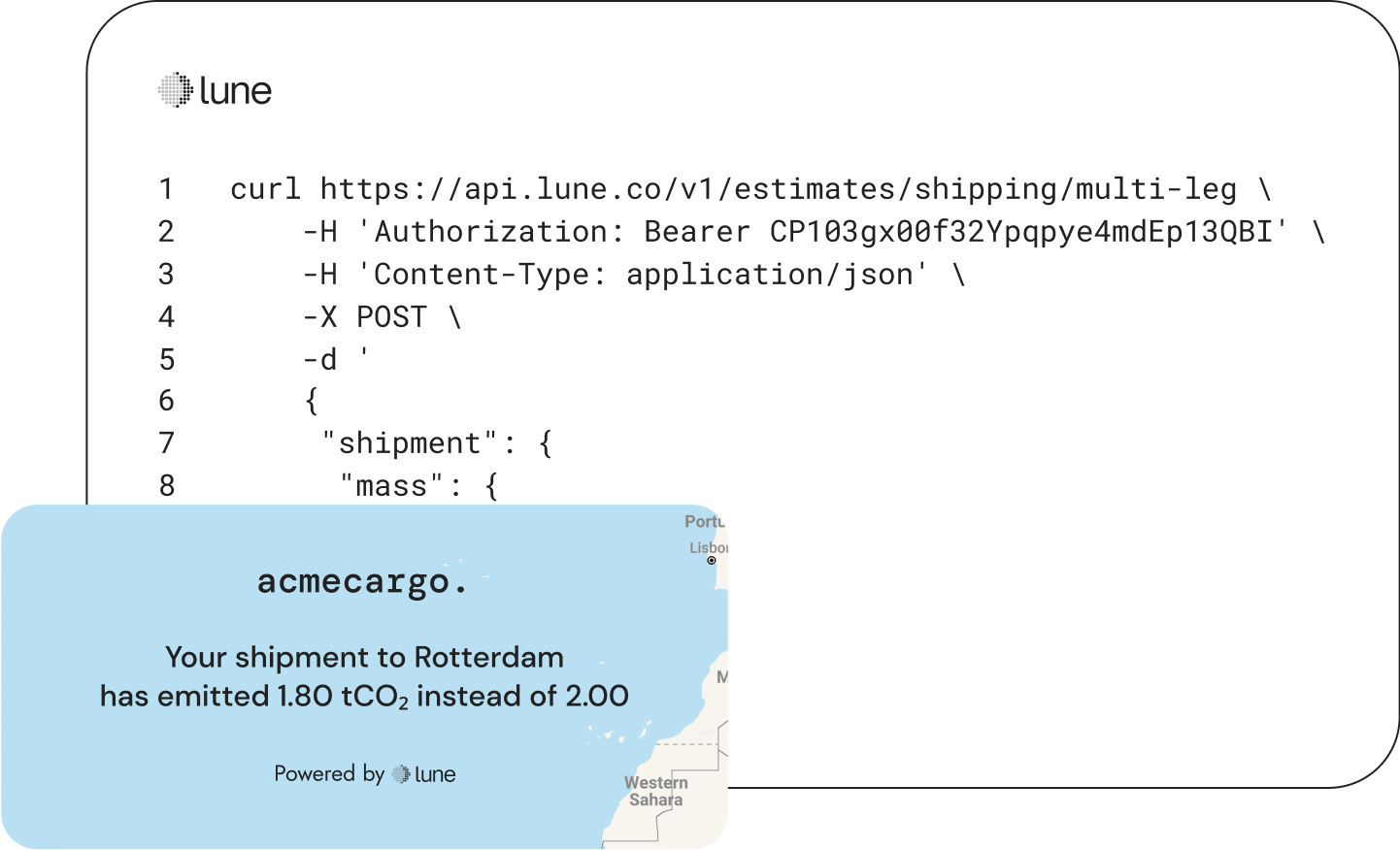
Readers also liked
Readers also liked

Subscribe for emissions intelligence insights
Get the latest updates in the world of carbon tracking, accounting, reporting, and offsetting direct to your inbox.
